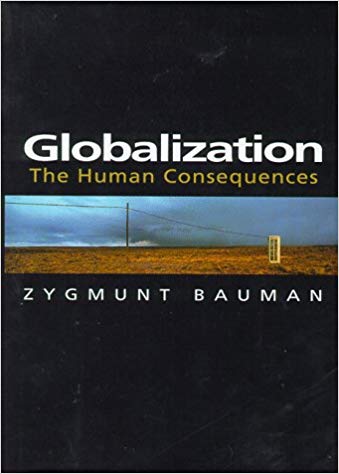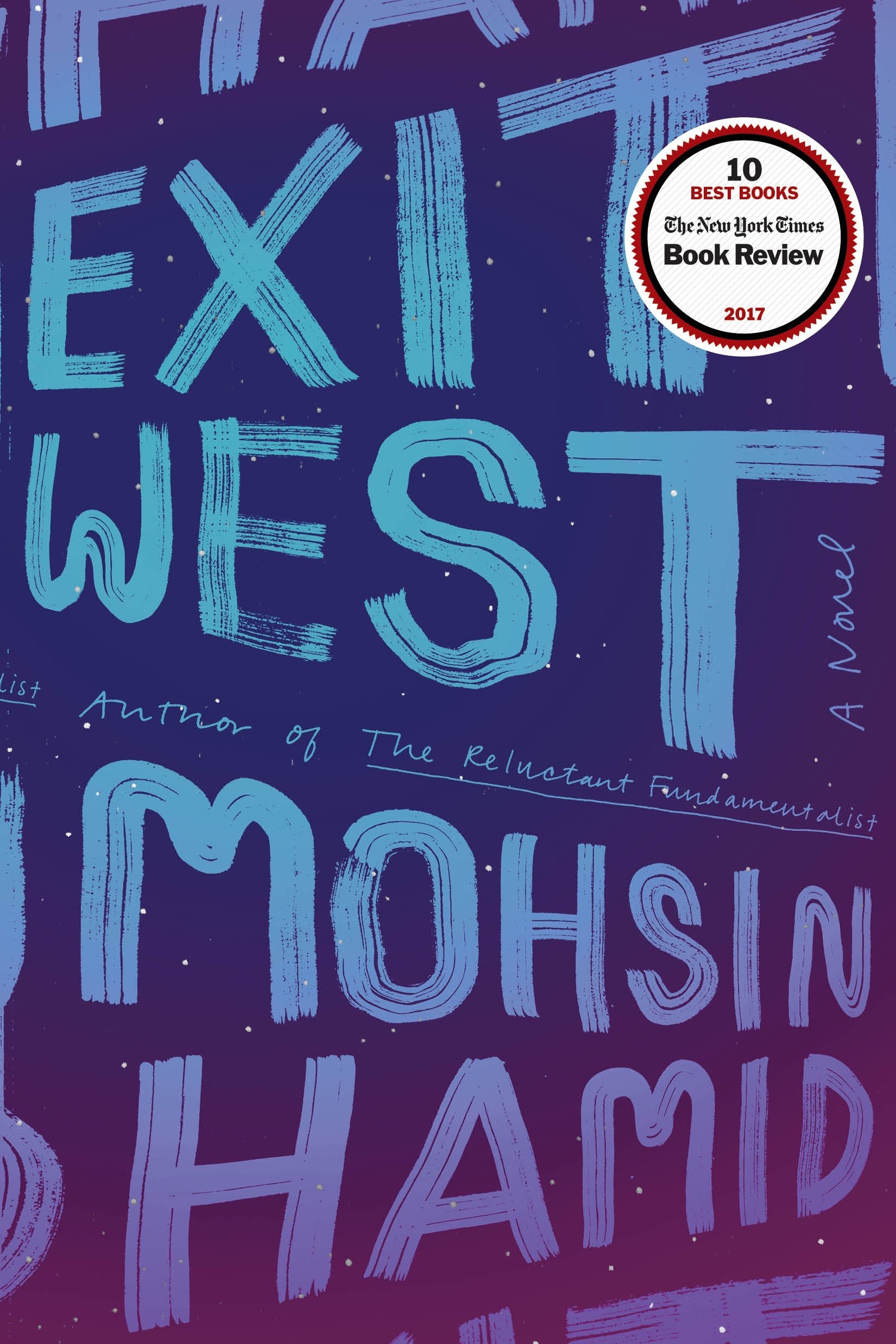Book Proposal. (Note: This is a modified version of my book proposal for my book on ISIS. While most publishers would use a similar format, please do check the exact requirements of your publisher: you can always find the specifics under Author Guidelines/ Guidelines for Submissions on the publisher’s website. I hope this brief example can be of some help to you)
Sample Book Proposal
Dr. Masood Ashraf Raja
University of North Texas
Proposed Title:
ISIS: Ideology, Symbolics, and Counter Narratives
Length: 6000 to 70000 words
Completion Date: August 2017
Brief Description:
In the last decade or so the Islamic State (known as ISIS or ISIL) has emerged as the most brutal  terroristic Islamist group. Much has been published about this organization in academic as well as popular circles. This books builds on the already existing body of work on ISIS but takes the discussion beyond the current debates in order to answer a few important questions:
terroristic Islamist group. Much has been published about this organization in academic as well as popular circles. This books builds on the already existing body of work on ISIS but takes the discussion beyond the current debates in order to answer a few important questions:
- What is the role of ideology in the rise and sustenance of ISIS?
- If all Muslims are not susceptible to ISIS recruitment attempts, then what specific ideological Islamist leaning forms the most receptive ideological state for one to be sympathetic to ISIS?
- What are the current US and world strategies against ISIS or any other groups like this and are these counter strategies effective?
- What possible ideological and material responses are necessary to counter ISIS and other such militant organizations.
Thus, in this brief volume, I attempt to provide a thorough explanation of ISIS ideology, its effectiveness in recruitment, and then discuss possible strategies of countering the ideological and material reach of ISIS.
Scholarly Rationale: [Very important part of a book proposal]
This book aims to discuss the ideological, theological, and political reasons behind the rise and reach of ISIS as an organization and as a set of belief systems. Using works of leading theorists of ideology, framing, and discourse, I discuss the narrative strategies and ideological discourses used by ISIS in recruiting and converting young Muslims to its cause. It is extremely important to learn the ideological nature of ISIS and then trace the impact of this ideology on Muslim youth.
While many scholarly and journalistic works on ISIS provide a wealth of information, not many, I am afraid, pause to explain the terms that are often invoked in these writings. For example, scholars often use the term “Salafi-Jihadi” but they do not provide a comprehensive explanation of such concepts within the same text. This book hopes to provide, in one slim volume, not only an explanation of the instructive terms used to explain the ISIS phenomenon, but also asserts that only one school of thought in Islam [The Sunni Wahabis] are likely to be the ideal subjects for ISIS recruitment. This claim, of course, does not rely on an essentialized pathology of Wahabi Sunnis, but provides an explanation of the Wahabi Islam as a proverbial “slippery slope,” an absolutely necessary first step for an individual’s transformation into an ISIS fighter.
I believe a deep understanding of the realistic and ideological history of ISIS and a genealogy of their belief systems is absolutely necessary understanding ISIS and in developing public and social policies and responses to ISIS and any other such groups.
I also analyze ISIS-produced texts to discuss not only what they are saying but also how it could be read, especially in terms of framing of ideas, by their potential Muslim and Islamist readers. A thorough understanding of ISIS’s textual production and its culture-specific reception is absolutely necessary in understanding the seductive aspects of ISIS ideology to their future coverts.
Overall, I dare say, my training in literary criticism enables me to read and discuss the ISIS phenomenon in a layered and nuanced way and I hope this book will enable a deeper understanding of ISIS and its strategies of recruitment and self-sustenance.
Content: The book will contain some illustrations.
Chapter Outlines:
Chapter one— Historical Overview of the Rise of ISIS
This chapter provides a detailed overview of the rise of ISIS, a discussion of its organizational structure, and its military and administrative actions in the Middle East so far. Overall, this chapter would rely on the comprehensive information available in published form but also add a discussion of the shifting ideological structures, along with material causes, to suggest as to how material historical realities and ideological shifts—especially the rise of Jihadists movements post-Soviet-Afghan war—are interconnected.
Chapter two— The Framing of ISIS Self Narrative: Ideology, Farming, and Discourse
Relying on the works of three major theorists (Louis Althusser, George Lakoff, and Michele Foucault) this chapter first provides a discussion of Ideology, Framing, and Discourse and then discusses the strategies used by ISIS, under these three registers, in perpetuating their ideology and mission.
Most scholarly and journalistic works about ISIS explain ISIS only through a surface discussion of the ISIS pronouncements and actions. A detailed account of ideology and the frames within which ISIS works and functions is essential to understanding ISIS in a deeper manner, for only a deep understanding can enable any worthwhile countermeasures. A focus on frames within which individual ISIS statements are made is crucial in understanding the metaphoric aspects of Jihadist movements and will enable readers to understand the deep jihadist ideology within which words mean more that what they appear on the surface.
Chapter three—The ISIS Recruitment: Jihad and the Mujahid
This chapter discusses the concept of Jihad and construction of the Jihadi subjectivity, with a special focus on the specific Wahabi explanations of Islam that form, in my opinion, the slippery slope ideology for all Sunni Jihadist groups.
My main argument is that for ISIS recruitment to work, a Muslim has to be already enmeshed in a certain specific ideological interpretation of Islam. To me the teachings of Abul-Wahab [the father of the Islam practiced in Saudi Arabia and a few other Gulf states] is the ultimate slippery slope interpretation of the Islamic sharia and understanding this particular sect of Islam is crucial to understanding the ISIS appeal. Furthermore, understanding Jihad as larger frame within which the Jihadist identities are structured is also important and knowing that majority of Muslims do not subscribe to the deep framing of Jihad is also crucial.
Chapter four—The Neoliberal Capital, the US Counter-Policies and their Ramifications
This chapter discusses the neoliberal capital as an enabling condition for the rise of Jihadist movements. Since so many of the redistributive functions of the state—that traditionally enabled the state to create civic structures—are privatized, the power to create new human subjectivities and collectives is also privatized. Neoliberalism, therefore, becomes an ideal economic order for the rise of supranational, ideological, and militant Islamist groups. In this chapter I also provide a discussion of the actions and policies of current US government and discuss how, ultimately, these polices are likely to increase the ideological reach of ISIS and other such groups. Toward the end of this chapter, I provide possible counter strategies that might be successful against ISIS and other such groups.
Readership:
This book will appeal both to general readers as well as the specialists. I am hopeful that it would be adopted as a textbook for classes on International Relations, Peace Studies, and for general Social Sciences and Religion courses.
Competing/ Related Books:
Greges, Fawaz A. ISIS: A History Princeton: Princeton University Press, 2016
Stern, Jesscia and J. M. Berger. ISIS: The State of Terror. New York: Harper Collins, 2015.
Weiss, Michael and Hassan Hassan. ISIS: Inside the Army of Terror. New York: Regan Arts, 2015.
About the Author:
Author of The Religious Right and the Talibanization of America (Palgrave, 2016) and Constructing Pakistan (Oxford UP, 2010) Masood Ashraf Raja is an Associate Professor of Postcolonial Literature and Theory at the University of North Texas, United States.
Note: This book proposal was eventually accepted and the book has now been published. Routledge is one of the few publishers who would sometime issue you a contract based in the strength of your Book Proposal and a sample chapter.
Check part of the published conclusion HERE!





You are welcome!
Thank you for sharing your proposal. This is of much value for young PhDs…
The way you relate extremism with neo liberalism, that’s quite unique of you Sir. Here in Pakistan, mostly the people who write on extremism miss this extremely important aspect.
Thank you so much, Sattar. Yes, we all need to work together on this!!
It a great work. It does stand out from rest of the work on extremism. It can definitely help understand extremisit narrative of this bruital organization. It can help develop a efficient and effective response to the extremisit narratives. Indeed a much needed work.
It a great work. It does stand out from rest of the work on extremism manyways. It can definitely help understand extremisit narrative of this bruital organization. It can potentially help develop an efficient and an effective response to the extremisit narratives. Indeed a much needed work.